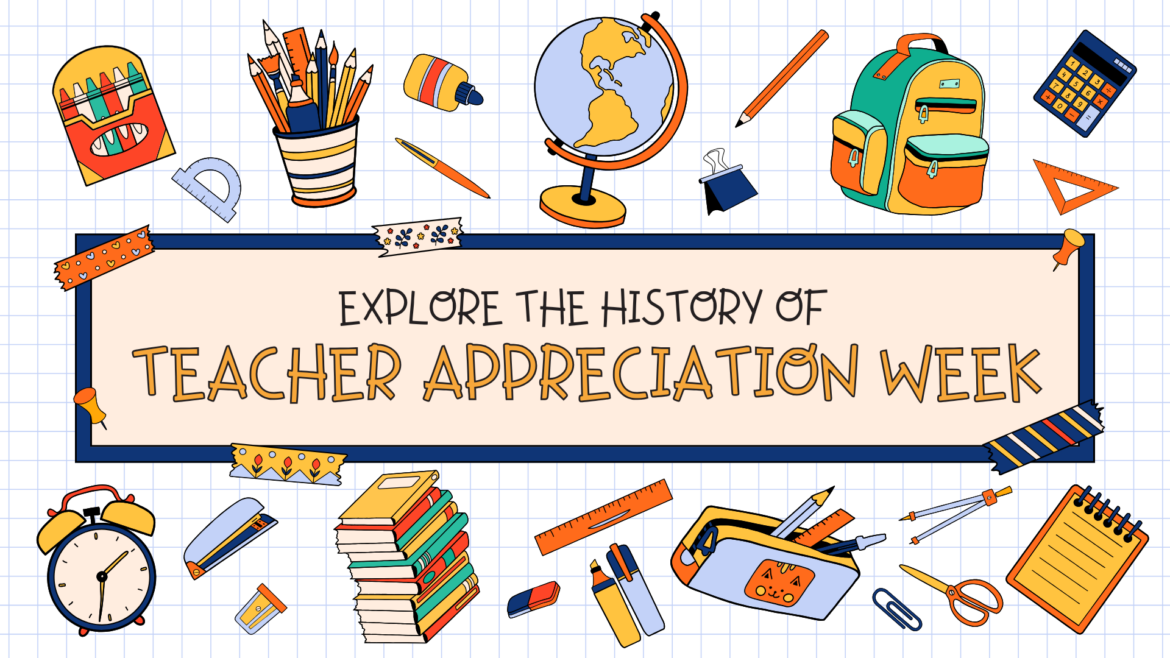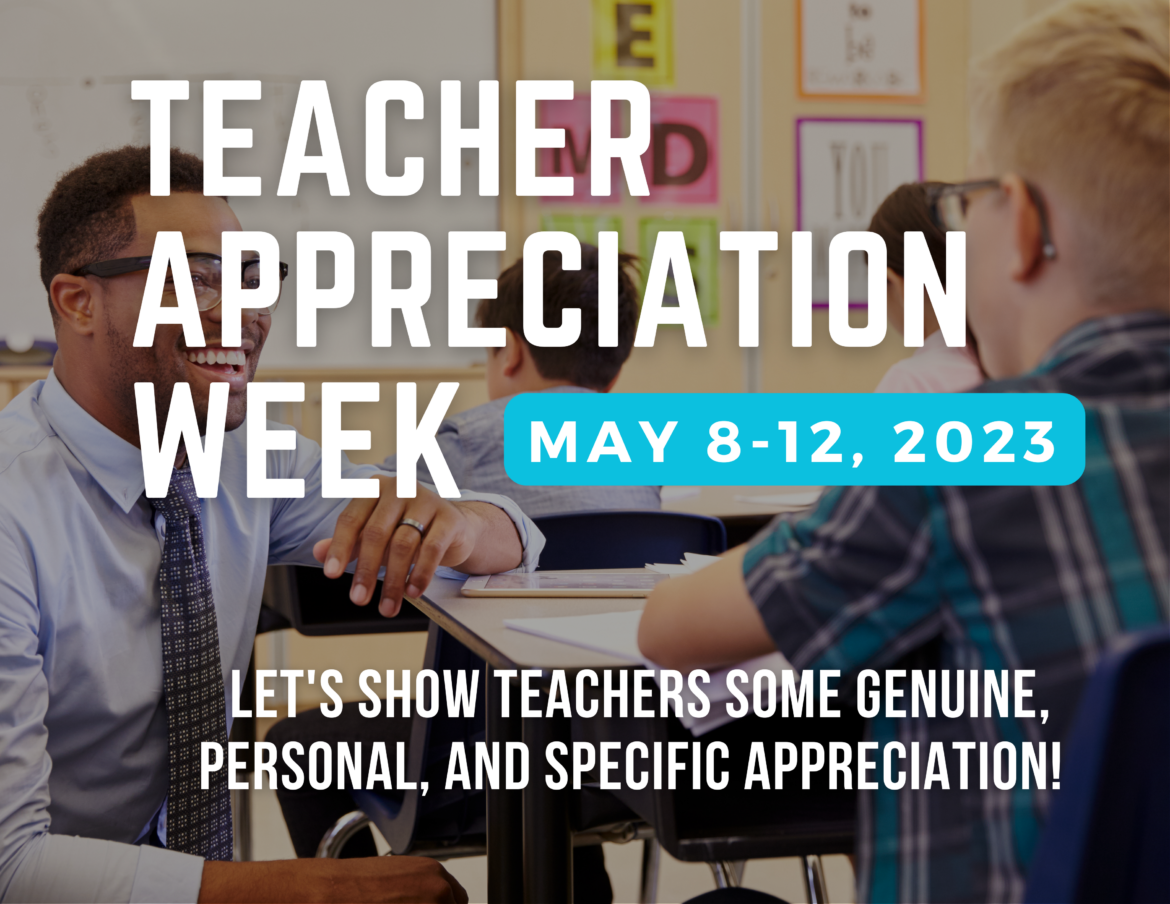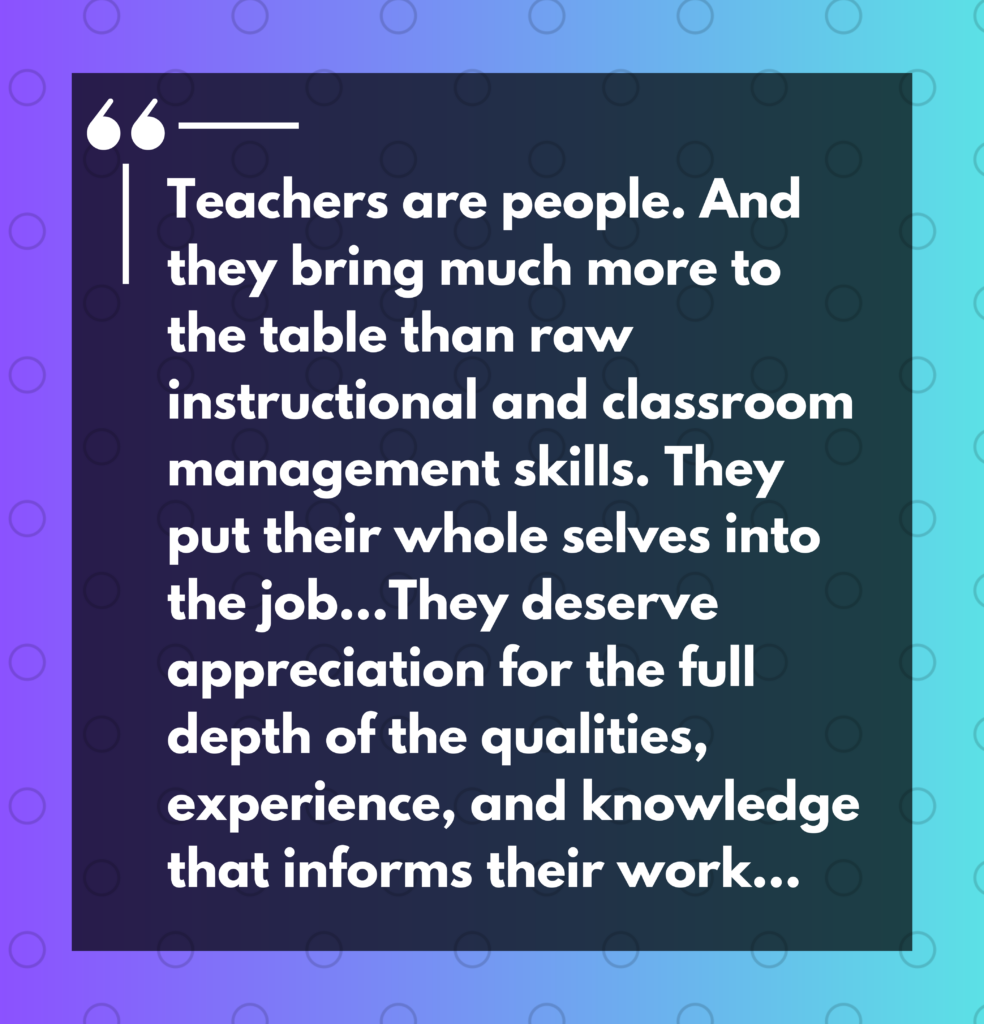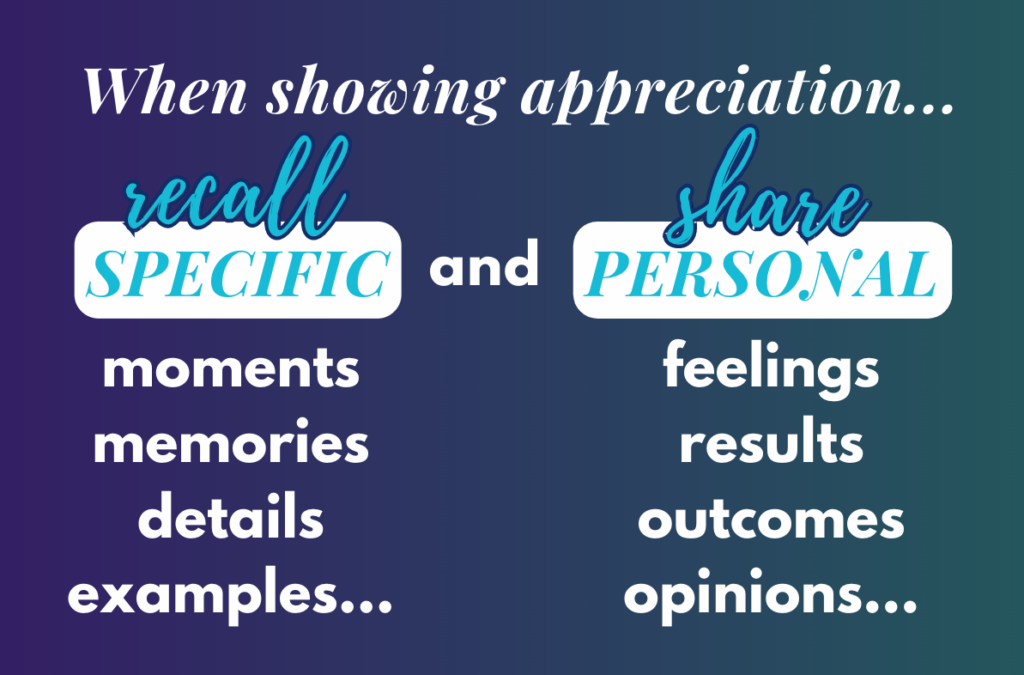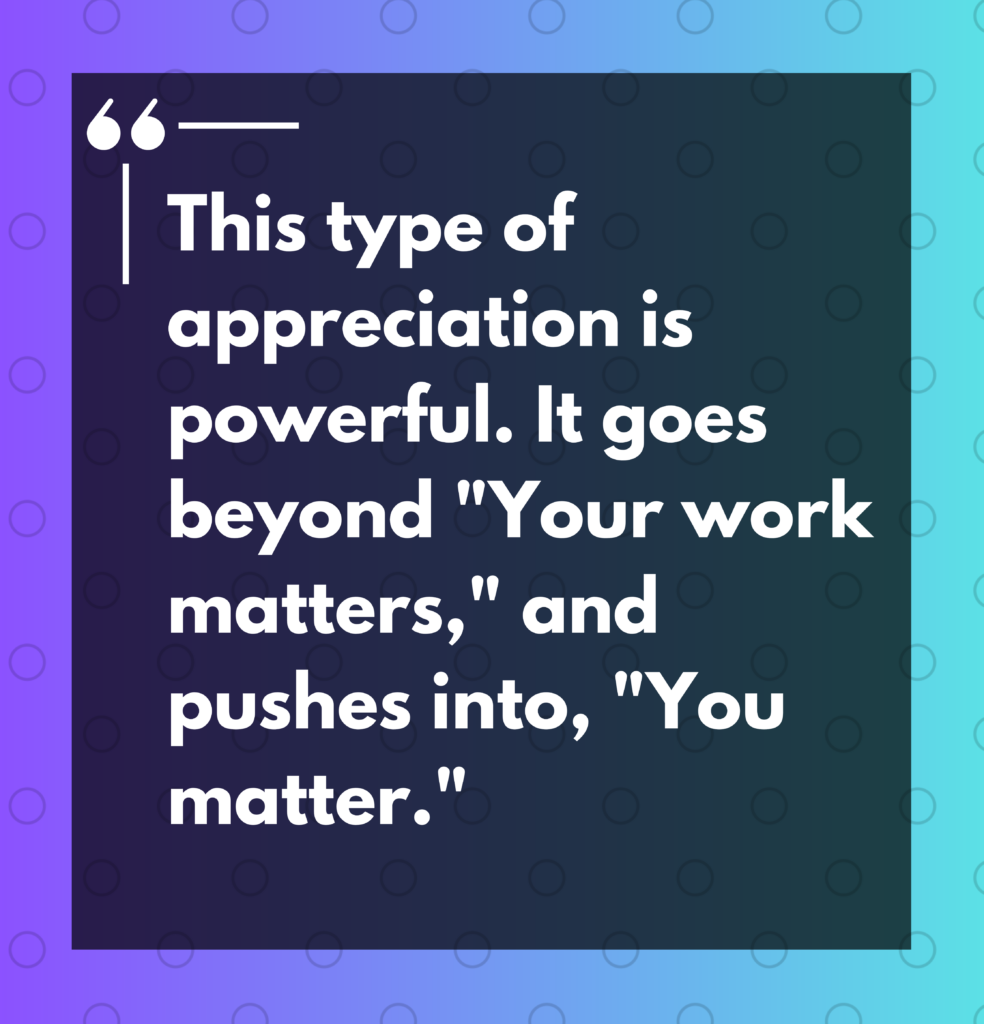It’s almost Teacher Appreciation Day, and while I know about the holiday from my time as a student, I’ve never thought to dive into the history of Teacher Appreciation Week… until now! Being now surrounded by educators, past and present, I wanted to take a look at the 80+ year history of formally celebrating those who work to educate students across our nation. So, in preparation for next week’s festivities, I did just that!
The history of Teacher Appreciation Week can be split into three distinct parts or phases, each covered in a section below. I hope you enjoy exploring the history of this education celebration as much as I did! And don’t forget, we’ve got a special free TCEA membership offer coming up this Teacher Appreciation Week, so make sure to mark the date for May 5-9, 2025, and share this post with your future-member friends!
1940-1980
The initial idea behind National Teachers Day was originally brought about in the early 1940s, but the true origins of the day differ between sources. Most commonly, sources credit Mattye Whyte Woodridge, a teacher from Arkansas, who began advocating for a day to recognize teachers by writing to political and educational leaders sometime in the early ’40s. Woodridge’s campaign eventually reached First Lady Eleanor Roosevelt, who championed the cause and persuaded Congress to establish a National Teacher Day in 1953.
But, despite this initial recognition, National Teacher Day did not become an annually observed event for several decades. Various states and organizations marked the day at different times, but there was no consistent national observance.
1980-1984
Years later, in 1980, the National Education Association (NEA), along with state affiliates in Kansas and Indiana, lobbied Congress to formalize National Teacher Day as an annual event, which was first celebrated on March 7 of that year. For the next four years, National Teacher Day continued to be observed in March, even though there was no official Congressional designation.
1984-Now
Then, in 1984, the National Parent Teacher Association (PTA) decided to prolong the celebration, denoting the first full week of May as Teacher Appreciation Week, with National Teacher Day taking place on the Tuesday of that week. The NEA officially adopted this schedule in 1985, cementing the tradition of celebrating both a week-long event and a specific day dedicated to teachers. The week is now marked by schools, communities, and organizations across the United States with events, thank-you notes, and special recognitions for teachers’ contributions.
Celebrate Teacher Appreciation Week with TCEA
Each year, during Teacher Appreciation Week, TCEA offers free membership to all K-16 educators. All you have to do is sign up from May 5-9, 2025, (or sign in to our new system, if you’re an existing member!) and you’re set! Learn more about the benefits of membership here.

